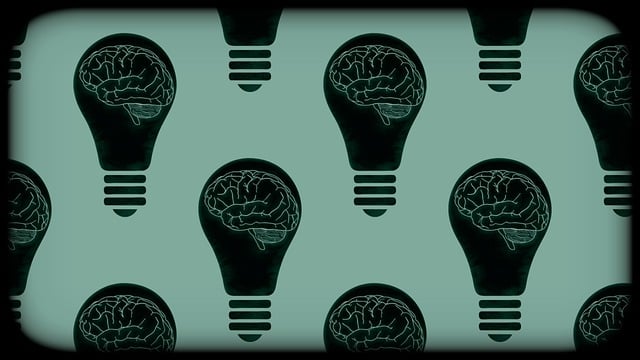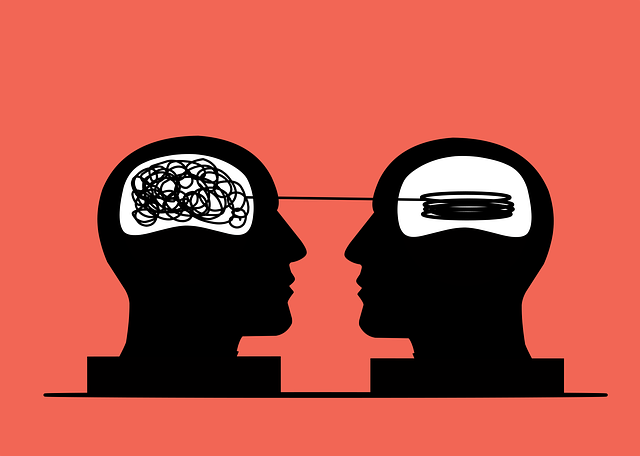Loss, grief, and bereavement significantly impact elderly individuals, with complex emotions and physical health considerations. Counseling offers a vital guiding light, incorporating cognitive-behavioral therapy (CBT), mindfulness practices, and bariatric evaluations to help elders navigate their unique journeys. These tailored approaches address mental and physical health, foster healthy coping strategies, enhance mood management skills, and cultivate positive thinking. Cultural sensitivity ensures respectful interventions for diverse beliefs, while public awareness campaigns normalize grief conversations and educate communities about emotional well-being resources. Ultimately, these integrated methods support holistic healing and resilience in the face of loss and grief.
“Loss, grief, and bereavement counseling play a pivotal role in helping elderly individuals navigate life’s most challenging transitions. This comprehensive article delves into the complex world of understanding loss, exploring effective therapy techniques, and highlighting the specific needs of the elderly population. We examine the critical role of counseling in supporting emotional well-being, coupled with practical strategies like bariatric evaluations to assess physical health during periods of emotional turbulence. Discover how tailored approaches can facilitate processing of loss and promote restoration.”
- Understanding Loss, Grief, and Bereavement: A Comprehensive Look
- The Role of Counseling in Supporting Elderly Individuals Through Grief
- Bariatric Evaluations: Assessing Physical Health During Emotional Turbulence
- Effective Therapy Techniques for Processing Loss and Restoring Well-being
Understanding Loss, Grief, and Bereavement: A Comprehensive Look

Loss, grief, and bereavement are complex emotional processes that vary greatly from person to person. Understanding these experiences involves recognizing that loss can stem from various sources, including the death of a loved one, significant life changes, or even physical health issues, such as those requiring bariatric evaluations. The grieving process is unique for each individual, and what may be comforting for one person might not be helpful for another.
Counseling plays a pivotal role in helping individuals navigate these challenging emotional landscapes. Through therapy sessions, elders—or anyone experiencing loss—can explore their feelings, develop healthy coping mechanisms, and enhance their overall well-being. This process includes delving into emotional healing processes, cultivating social skills, and implementing stress reduction methods tailored to their specific needs. By addressing these aspects, counseling can facilitate a transformative journey of acceptance and resilience.
The Role of Counseling in Supporting Elderly Individuals Through Grief

Grief is a complex process that can be especially challenging for elderly individuals due to various physical and emotional factors. Counseling plays a pivotal role in supporting seniors navigate this difficult journey, offering them a safe space to express their feelings and work through their grief. Professional therapists provide tailored therapy for elders, addressing unique concerns such as isolation, cognitive decline, and physical health issues that may accompany bereavement.
Through compassionate listening and evidence-based practices, counselors help the elderly develop healthy coping mechanisms, enhance mood management skills, and cultivate positive thinking. This support is crucial in mitigating the potential negative impacts of prolonged grief, which can lead to increased vulnerability and health complications. Moreover, counseling sessions often incorporate bariatric evaluations to assess and address any nutritional needs or lifestyle adjustments required during this transformative period, ensuring holistic well-being for our aging population.
Bariatric Evaluations: Assessing Physical Health During Emotional Turbulence

During periods of intense emotional turmoil, such as that experienced following a loss, bariatric evaluations can serve as a crucial tool in grief and bereavement counseling for elders. These comprehensive assessments go beyond addressing immediate emotional distress to assess the physical health of individuals, which is often overlooked during times of profound sadness or anger. By integrating mental wellness journaling exercises and stress reduction methods, therapists can facilitate a holistic healing process that caters to both mind and body. This dual approach not only enhances recovery but also ensures that underlying health issues, which might have been exacerbated by the grief process, are identified and addressed promptly.
Furthermore, cultural sensitivity in mental healthcare practice plays a significant role in these evaluations. Recognizing and respecting diverse beliefs and practices related to health and healing can significantly impact the effectiveness of therapy for elders from various backgrounds. Tailoring interventions to align with cultural norms fosters trust, engagement, and ultimately, better outcomes for individuals navigating grief and bereavement.
Effective Therapy Techniques for Processing Loss and Restoring Well-being

In addressing loss, grief, and bereavement, various effective therapy techniques have proven beneficial in helping individuals process their emotions and restore well-being. One such approach tailored for elders involves integrating aspects of cognitive-behavioral therapy (CBT) to challenge negative thought patterns and promote healthier coping mechanisms. By combining this with mindfulness practices, such as guided meditation and deep breathing exercises, counselors facilitate a safe space for clients to express and work through their feelings.
Additionally, the role of bariatric evaluations—assessing physical health in relation to emotional well-being—cannot be understated. This holistic approach recognizes the interconnectedness of mental and physical health. Public awareness campaigns focused on emotional well-being promotion techniques further play a crucial part by educating communities about available resources and normalizing conversations around grief, thereby encouraging individuals to seek necessary support. Healthcare provider cultural competency training is also essential in ensuring sensitive and effective counseling services for diverse populations.
In light of the complex nature of loss, grief, and bereavement, combining therapeutic support with practical assessments like bariatric evaluations can significantly aid elderly individuals in processing their emotions and restoring their well-being. While each person’s journey is unique, understanding these concepts and utilizing effective therapy techniques offer a path towards healing. For elders seeking guidance, counseling plays a pivotal role in navigating this challenging period, ensuring they receive the comprehensive care needed to rebuild and find solace.








